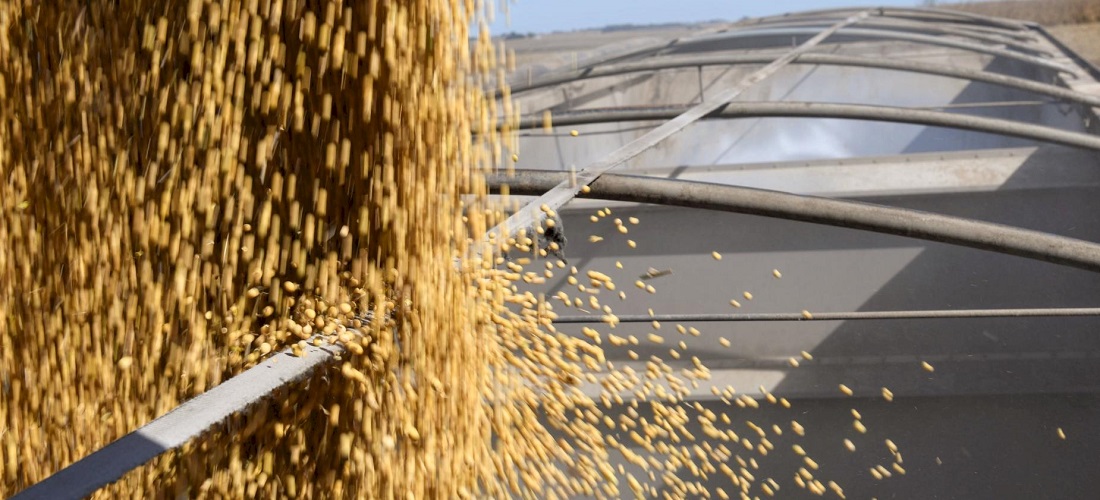
Brazil’s soy exports predicted to recover sustantially in February
Feb, 04, 2020 Posted by datamarnewsWeek 202007
Brazilian soy exports in February are predicted to pick up substantially after a weak month in January, as the oilseed harvest is reported to have gained strength. On January 31, the shipping agency Cargonave reported that shipments planned for February are close to 7 million tons, with more than 110 vessels scheduled. In February 2019, according to revised government data, around 5 million tons of soy were exported.
Data released by the Foreign Trade Secretariat (Secex) on Monday indicate that only 1.49 million tons of soybeans were exported in January, against 2.04 million in the same month of the previous year and 3.44 million in December. It is worth noting that the month of January is traditionally weaker for foreign sales from Brazil, as it is a month that the country is still at the beginning of the oilseed harvest.
Most of the soy shipments scheduled for February are destined for China as is expected. However, industry experts say that most of these exports were scheduled before the coronavirus outbreak in the region. According to the director-general of the National Association of Cereal Exporters (ANEC), Sérgio Mendes, for now it is not possible to say whether the coronavirus may influence exports. “It is very early and the harvest is late,” he said.
No impact on port operations due to Coronavirus so far
The undersecretary of Foreign Trade Intelligence and Statistics, Herlon Brandão, affirmed on Monday 3rd February that until now there is no report of impact on port operations in Brazil because of the coronavirus. “We are monitoring the situation. Given that it has affected the Chinese economy, as well as many other countries in the world, Brazil could very well be affected,” he said at a news conference. Brandão also stated that, in this context, food exports would be less affected, while sales of industrial inputs could be more affected.
Source: Reuters
-
Other Cargo
Oct, 05, 2022
0
StoneX: fertilizer consumption in Brasil to fall 7% in 2022
-
Meat
Jun, 17, 2022
0
Brazil beef exports total 59,179 tonnes in June
-
Ports and Terminals
Jan, 03, 2019
0
Antaq approves demolition of a TES warehouse at the port of Santos
-
OTI Rankings
Oct, 16, 2023
0
OTI Ranking | DataLiner | Jan-Aug 2023 vs. Jan-Aug 2022

